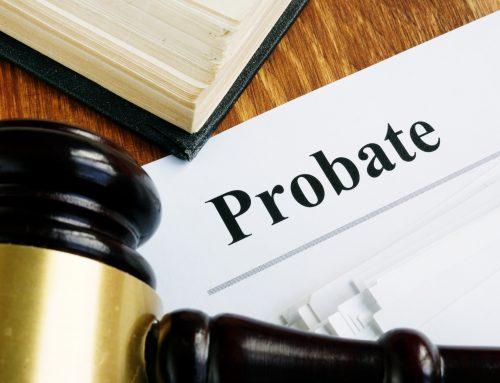A revocable living trust is valuable estate planning tool that you can use to transfer assets to your heirs after you pass away. But what is a revocable living trust, and what are the benefits of creating one?
How Do Revocable Living Trusts Work?
Revocable living trusts are legal entities that hold ownership of your assets. These assets can be transferred from your own estate into the trust. The individual who forms the trust is called the grantor. Because the trust is revocable, the grantor can also serve as the trustee, managing and controlling the assets held within the trust.
The revocable living trust is executed over the course of the grantor’s life and there are three discrete phases to its execution.
Grantor Is Alive and Well
When the grantor is still alive, they can move assets in and out of the trust at will, use money generated by the trust, or dissolve the trust entirely. If the grantor has hired a trustee to act on behalf of the trust, the trustee would take direction from the grantor.
As a tradeoff for having sole power over the assets, the assets held within the trust are still a part of the grantor’s estate. Taxes are still collected on the assets and are not protected from creditors. For this, you would need an irrevocable living trust.
Grantor Is Incapacitated
If you have acted as the trustee during the lifetime of the trust and become incapacitated, the trust documents should name a successor trustee. If you have an attorney acting as a trustee, the attorney would simply continue to maintain control of the trust.
Grantor Passes Away
Once the grantor passes away, the trust becomes irrevocable since there is no one left who can make changes to it. A named successor trustee will pay the grantor’s bills, taxes, and debts. The remaining assets would be distributed to heirs, avoiding probate in the process. The trust’s documents would determine how the assets were distributed.
What Is a Revocable Living Trust Good For?
Trusts are generally better than wills for transferring property. Revocable living trusts especially have one major advantage over using your will to transfer property upon your passing.
While the IRS considers the trust to be a part of your estate for the purpose of taxation, the probate court does not. If your assets are listed in a will, they must pass through probate where they will become a matter of public record. Living trusts transfer your assets under the table, so to speak, and directly to your heirs. Furthermore, the property is transferred much more quickly than it would be going through probate.
Speak to an Indianapolis Estate Planning Lawyer Today
If you need to set up a trust or want to discuss the best way to manage your assets, Barnes Cadwell Law can help you make decisions that best meet your needs and goals. To learn more, contact us today.






